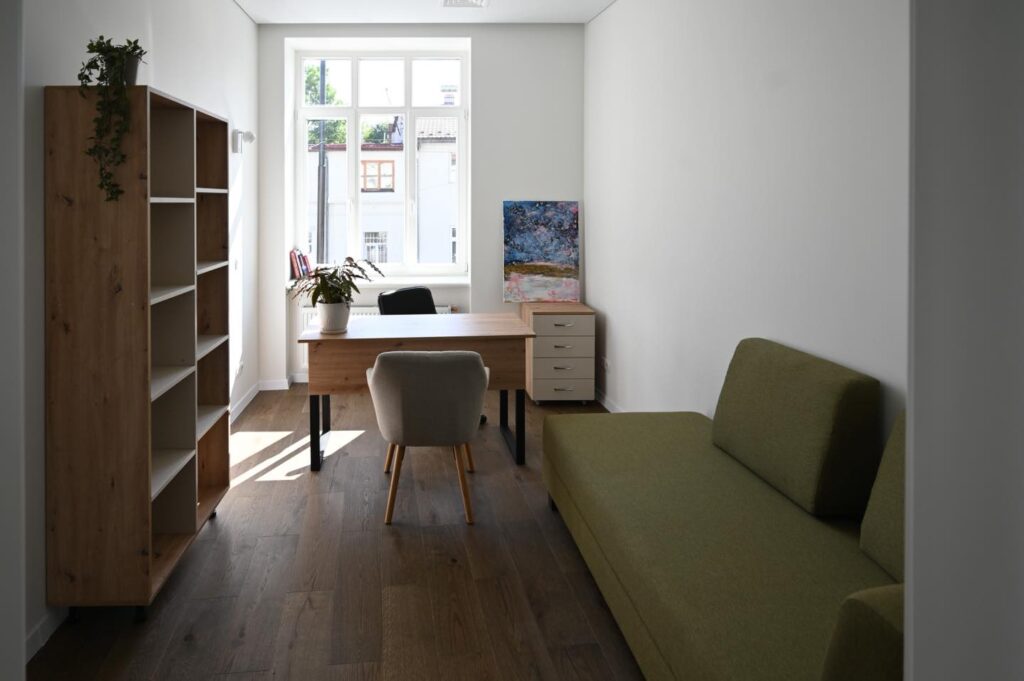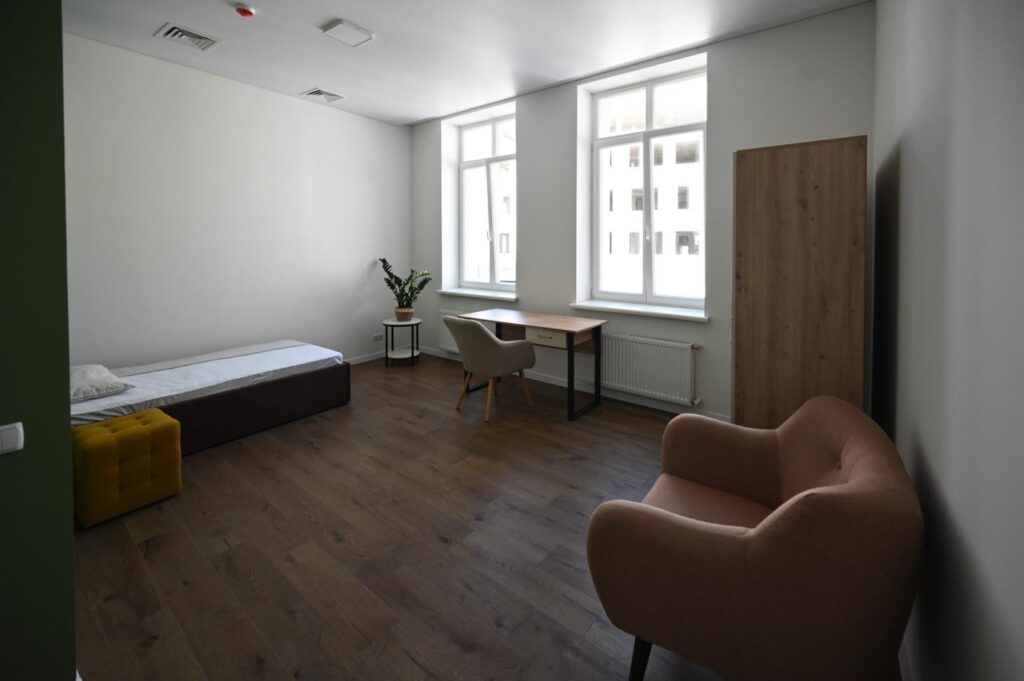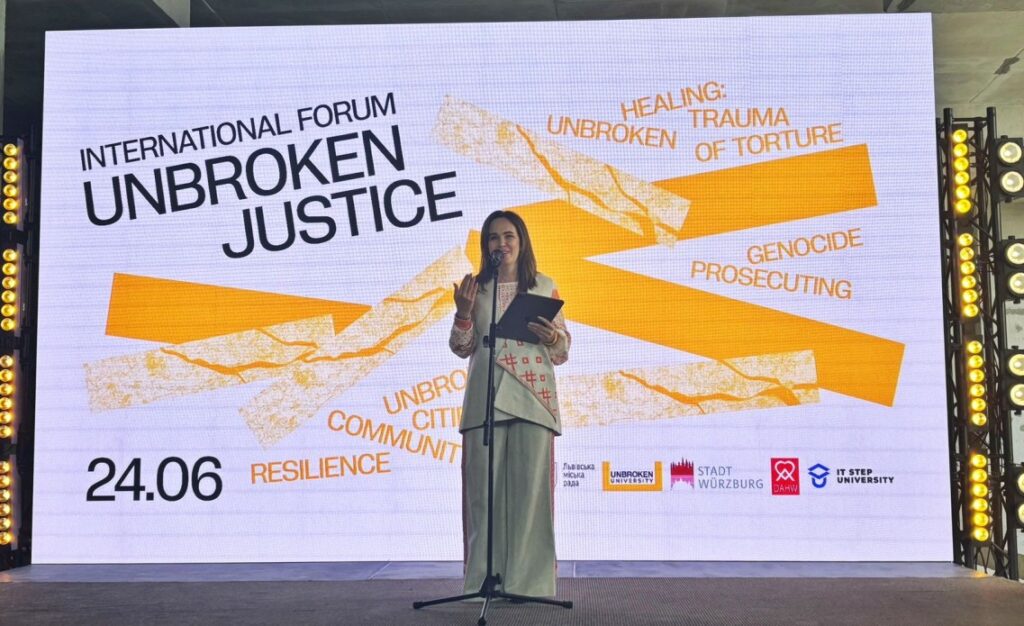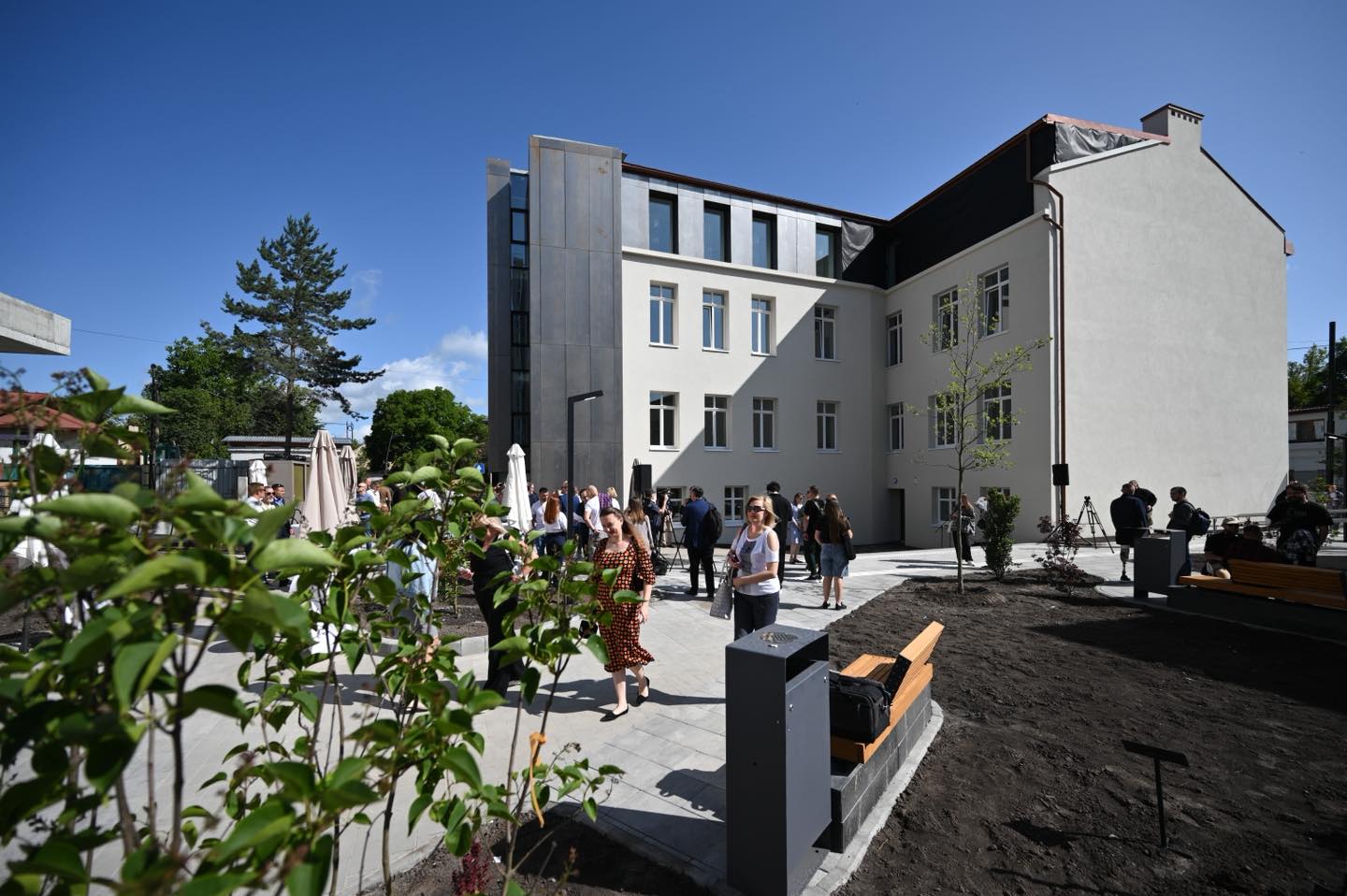Ukraine established its first mental health facility in the western city of Lviv dedicated to supporting released prisoners of war (POWs) and torture survivors after the Russian captivity, according to Lviv Mayor Andrii Sadovyi.
The Saint Leo the Great Mental Health Center opened on 24 June with an aim to provide psychological and rehabilitation services to individuals who experienced captivity, torture, and psychological trauma during the war with Russia, according to the Lviv city administration.
The facility includes 17 patient accommodation rooms designed to resemble residential spaces rather than hospital environments.
Infrastructure includes:
- outpatient and inpatient care areas
- individual and group therapy spaces
- 30 beds for extended rehabilitation programs
- a separate building for art therapy with a pottery workshop on the ground floor and an art studio on the second floor.


"If someone wants to weave, sing, or engage in music, we will adapt. The main thing is to give a person freedom and an environment where they can recover," Mayor Sadovyi stated.
The facility expects to serve approximately 1,000 patients annually, targeting individuals returning from captivity, those recovering from losses, and people managing trauma from wartime experiences.
As of May 2025, the Coordination Headquarters for Prisoners of War Affairs reported that Ukraine has returned 5,757 citizens since the full-scale war began, with an additional 536 Ukrainians returning through non-exchange mechanisms.
However, following recent Istanbul peace talks between Ukraine and Russia in June 2025, over a thousand more prisoners were exchanged, especially those who are severely ill or wounded and under the age of 25.
The Flanders government (a region of Belgium) provided complete funding for the center through a 1.5 million euro ($1.7 million) grant, according to city officials.
The Deputy Head of the President's Office Iryna Mudra characterized the center as part of Ukraine's humanitarian infrastructure development.
"Restoring justice is not only about judicial processes. It is also the state's ability to respond to the pain of every person who suffered from aggression," she stated.

Read also
-
What three years of Russian captivity did to Ukrainian soldier
-
“You run, they knock you down, and beat you with rebar”: Ukrainian POW’s 3-year hell in Russian captivity
-
Ukraine returns body of journalist Viktoriia Roshchyna tortured in Russian captivity
-
Ukrainian POW lost 40 kg in Russian captivity proving Russia’s human rights violations

